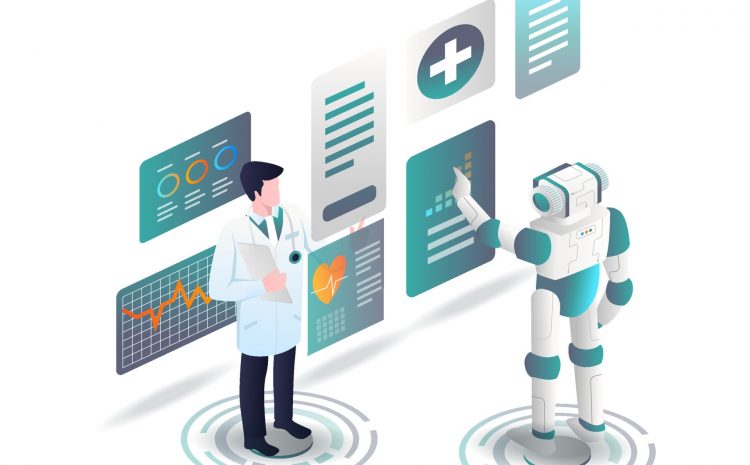Healthcare industry has been surprisingly slow to join the global digital revolution, ranking in the lowest third of industries in measured digital maturity in 2015. Compared to the changes we have seen with financial and media industries over the last decade, the digital breakthrough in healthcare is still in its infancy. We surely can’t predict the future. The recent pandemic showed us where we stand in terms of Medical & Healthcare!
IoT’s modest beginnings in healthcare can be traced to the use of remote monitoring, smart sensors and medical device integration as well as activity trackers, wearable biometric sensors, glucose monitors, medication dispensers and smart beds.
In the past decade, internet-connected devices have been introduced to patients in various forms. Whether data comes from fetal monitors, electrocardiogram machines, temperature monitors or blood glucose monitors, tracking health information is vital for some patients, though many of these measures require follow-up interaction with a healthcare professional. The use of IoT devices has been instrumental in delivering more valuable, real-time data to doctors and lessening the need for direct patient-physician interaction. Technology that seeks to connect any device with an on and off switch to the internet and captures and monitors data on devices that are connected to the cloud is sure to make an impact in healthcare.
AI will continue to convert many traditional internet of medical things devices from data collection points to smarter devices that can facilitate meaningful interactions with the data. With the increased rollout of wearables, IoT technology will continue to see significant growth in healthcare.
Convenience. Efficiency. Automation. The three words that define everything the Internet of Things (IoT) stands for. IoT is a game-changer technology that has been creating quite a buzz in almost every industry, but has it found acceptance in healthcare?

